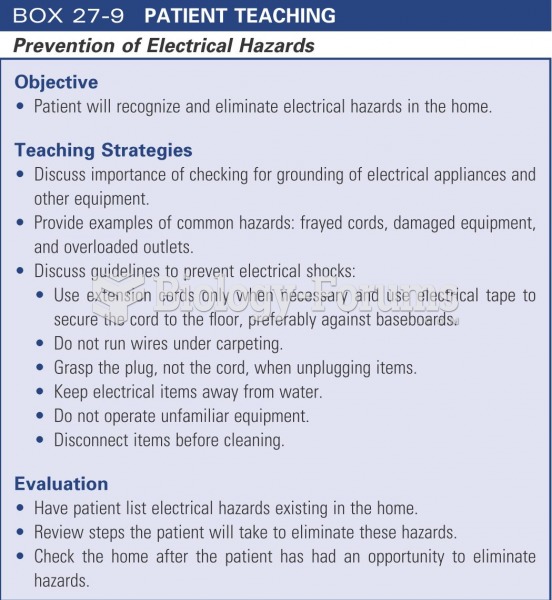This topic contains a solution. Click here to go to the answer
|
|
|
Did you know?
The term pharmacology is derived from the Greek words pharmakon("claim, medicine, poison, or remedy") and logos ("study").
Did you know?
There are 60,000 miles of blood vessels in every adult human.
Did you know?
There are more sensory neurons in the tongue than in any other part of the body.
Did you know?
In 1844, Charles Goodyear obtained the first patent for a rubber condom.
Did you know?
Your chance of developing a kidney stone is 1 in 10. In recent years, approximately 3.7 million people in the United States were diagnosed with a kidney disease.







